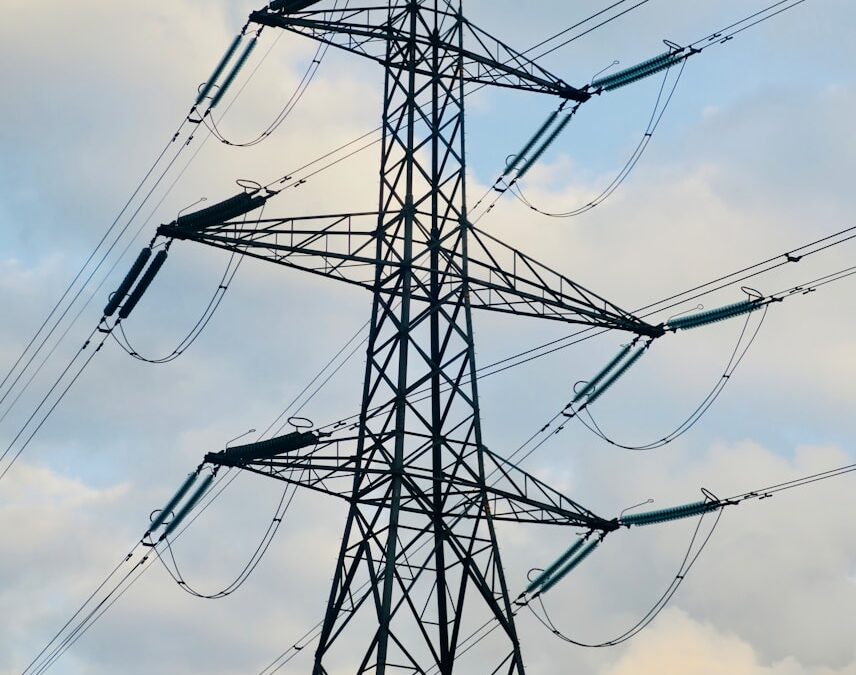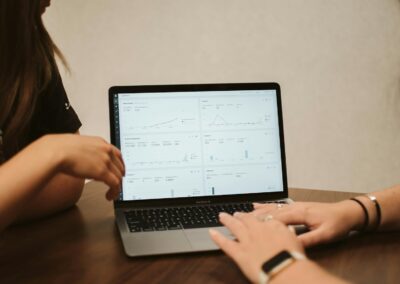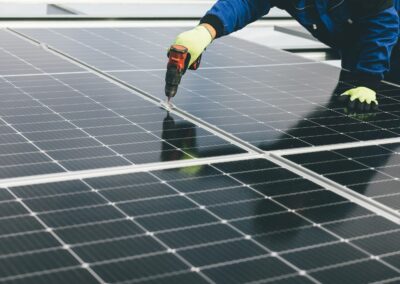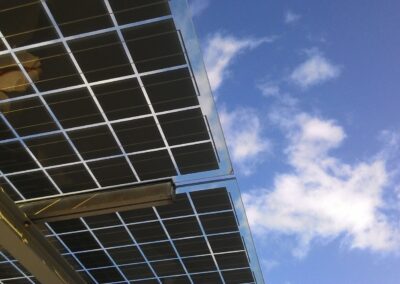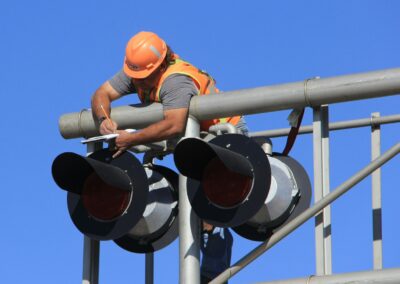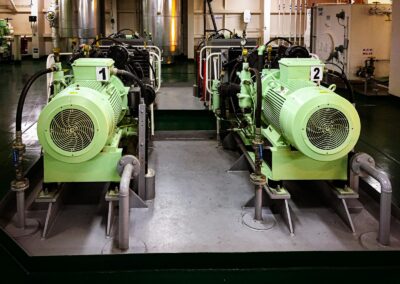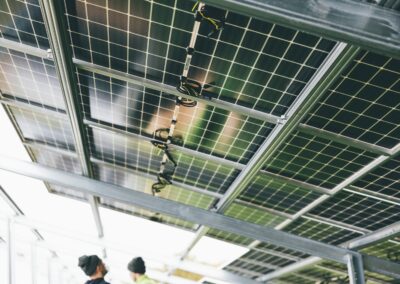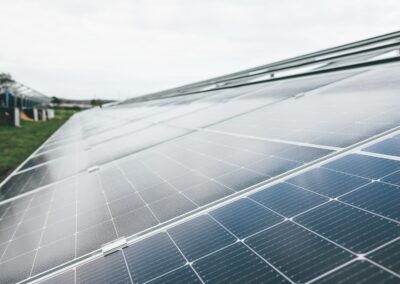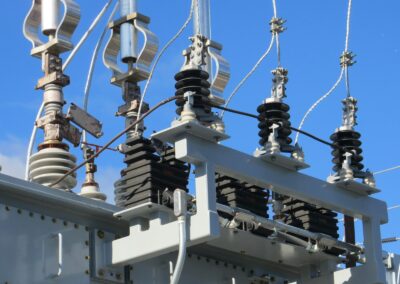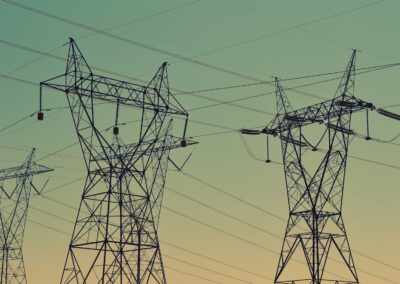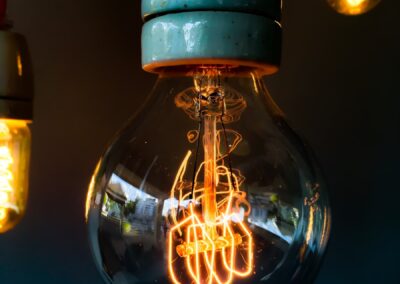The Critical Role of Digital Twins in Modern Energy Systems
Introduction to Digital Twins in Energy Systems
Digital Twins in Energy Systems are emerging as pivotal tools in enhancing the resilience and adaptability of energy infrastructures amidst climate change and other challenges. By creating virtual replicas of physical energy systems, digital twins enable continuous monitoring, real-time data analysis, and predictive maintenance. This advanced technology allows energy providers to anticipate and respond to disruptions more effectively, ensuring consistent and reliable energy supply. In regions like Saudi Arabia and the UAE, where energy systems are critical to economic growth and development, the integration of digital twins offers significant benefits. These benefits include improved operational efficiency, reduced downtime, and enhanced capacity to adapt to environmental and technological changes.
Applications in Saudi Arabia and the UAE
In Saudi Arabia, digital twins are being employed to optimize the performance of renewable energy projects, such as solar and wind farms. For instance, in Riyadh, the implementation of digital twins in solar energy plants enables operators to monitor equipment performance in real time, predict maintenance needs, and optimize energy output based on weather patterns. This proactive approach ensures maximum efficiency and minimizes disruptions caused by equipment failures or environmental conditions. Similarly, in Dubai, digital twins are being integrated into smart grid systems to enhance energy distribution and management. By providing real-time data on energy consumption and grid performance, digital twins help utility companies manage demand fluctuations and integrate renewable energy sources more effectively, thereby enhancing the overall resilience of the energy infrastructure.
Enhancing Resilience to Climate Change
Climate change poses significant risks to energy systems, including increased frequency of extreme weather events, rising temperatures, and sea-level rise. Digital twins play a crucial role in enhancing the resilience of energy systems to these climate-related challenges. By simulating different climate scenarios, digital twins enable energy providers to assess the potential impacts of extreme weather events on their infrastructure and develop strategies to mitigate these risks. For example, in Riyadh, digital twins can simulate the effects of prolonged heatwaves on the cooling systems of power plants, allowing operators to implement measures to prevent overheating and maintain operational efficiency. In Dubai, digital twins can model the impact of rising sea levels on coastal energy infrastructure, helping planners design and implement protective measures to safeguard against flooding and storm surges. This ability to anticipate and adapt to climate-related risks ensures the long-term sustainability and reliability of energy systems.
Integrating Advanced Technologies for Enhanced Adaptability
Leveraging Artificial Intelligence for Predictive Maintenance
Artificial Intelligence (AI) significantly enhances the capabilities of digital twins in energy systems. AI algorithms analyze the vast amounts of data generated by digital twins to identify patterns and predict potential failures. For example, AI can detect anomalies in the performance of wind turbines, indicating the need for maintenance before a breakdown occurs. In smart cities like Riyadh and Dubai, AI integration with digital twins ensures that energy providers can maintain their infrastructure proactively, reducing downtime and extending the lifespan of critical assets. This predictive capability not only enhances the resilience of energy systems but also contributes to cost savings and operational efficiency.
Ensuring Data Security with Blockchain Technology
Blockchain technology provides a robust solution for securing the data generated by digital twins. By creating a decentralized and immutable ledger, blockchain ensures that all data related to energy systems is accurate, transparent, and tamper-proof. This is crucial for maintaining trust among stakeholders and ensuring compliance with regulations. In the UAE and Saudi Arabia, where data integrity is paramount, integrating blockchain with digital twins enhances the reliability of energy management systems. By securing operational data with blockchain, energy companies can ensure that all stakeholders have access to trustworthy information, facilitating better decision-making and collaboration.
Exploring the Metaverse for Collaborative Planning
The Metaverse offers new possibilities for enhancing collaborative planning and management of energy systems through digital twins. By creating immersive virtual environments, the Metaverse allows energy planners, engineers, and decision-makers to visualize and interact with digital twins in a more engaging way. For example, in Dubai, the Metaverse can be used to conduct virtual simulations of energy infrastructure projects, allowing stakeholders to identify potential issues and explore solutions in real-time. In Riyadh, the Metaverse can facilitate collaborative workshops where experts from different fields can discuss and plan the integration of renewable energy sources into the existing grid. This immersive approach enhances communication, collaboration, and innovation, ultimately leading to more resilient and adaptable energy systems.
Future Prospects and Conclusion
The future of energy systems lies in the seamless integration of digital twins with advanced technologies such as AI, blockchain, and the Metaverse. As Saudi Arabia and the UAE continue to invest in modern infrastructure and sustainable energy solutions, the adoption of these technologies will play a crucial role in ensuring the resilience and adaptability of energy systems. By leveraging real-time data, predictive insights, and secure data management, energy providers can achieve higher levels of efficiency, reliability, and sustainability. These technologies provide a comprehensive solution for managing complex energy infrastructures, driving innovation, and improving business success. As the energy industry evolves, digital twins will become essential tools for optimizing maintenance strategies, reducing downtime, and minimizing repair costs, ensuring a reliable and resilient energy supply in the face of climate change and other challenges.
#DigitalTwins #EnergySystems #Resilience #ClimateChange #SaudiArabia #UAE #Riyadh #Dubai #ArtificialIntelligence #Blockchain #Metaverse #ExecutiveCoaching #GenerativeAI #ModernTechnology #BusinessSuccess #LeadershipSkills #ProjectManagement

